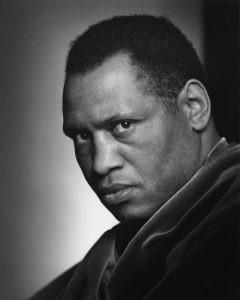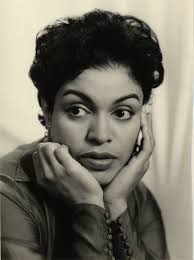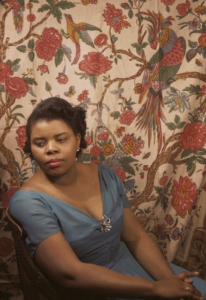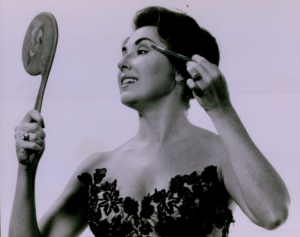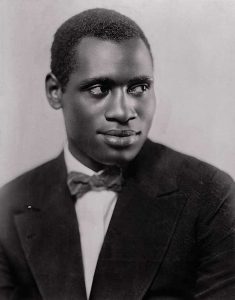Podcast: Play in new window | Download (Duration: 1:13:31 — 85.0MB) | Embed
Subscribe: Spotify | TuneIn | RSS | More
Five years ago, I awoke to the horrifying news of the murder of George Floyd by a member of the Minneapolis Police Department. I had been working on cobbling together an episode on French Glamour, which quickly gave way instead to an impromptu episode of protest music through the ages which remains one of the Countermelody episodes of which I am most proud. Yesterday was the five-year commemoration of that horrific event, which sparked worldwide protests and which, for a while, seemed as if it might lead to systemic change. Five years later, we find ourselves in a true global nightmare. Almost everything that has changed has been for the worse, but my feelings about the system that has produced such calamity remains exactly the same as it has always been. For that reason, I am republishing that episode from five long years ago, in which I sought to “defer to those on the front lines to speak of their own experience and truth” in a program of protest music from the early twentieth century to the recent past. Nina Simone’s song of rage “Mississippi Goddam” was a guiding force as I put the episode together, but we hear from a wide range of singers, from Donny Hathaway, Micki Grant, Pete Seeger, Mahalia Jackson, Odetta, Billie Holiday, Aretha Franklin, to Joan Baez, Cher, Barbra Streisand, Paul Robeson, and Marlene Dietrich. If you don’t want to hear a political program, for goddess’s sake, keep away, but if you do want to be infuriated, engaged, and ultimately uplifted, please listen in.
Countermelody is a podcast devoted to the glory and the power of the human voice raised in song. Singer and vocal aficionado Daniel Gundlach explores great singers of the past and present focusing in particular on those who are less well-remembered today than they should be. Daniel’s lifetime in music as a professional countertenor, pianist, vocal coach, voice teacher, and journalist yields an exciting array of anecdotes, impressions, and “inside stories.” At Countermelody’s core is the celebration of great singers of all stripes, their instruments, and the connection they make to the words they sing. By clicking on the following link (https://linktr.ee/CountermelodyPodcast) you can find the dedicated Countermelody website which contains additional content including artist photos and episode setlists. The link will also take you to Countermelody’s Patreon page, where you can pledge your monthly or yearly support at whatever level you can afford.

